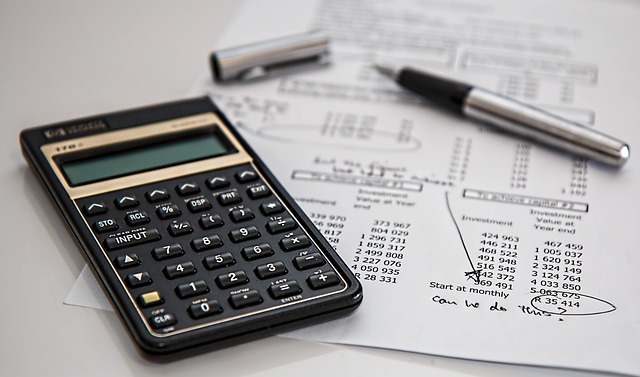With the rise of work being done from home, the trend in self-employment has also grown, and quickly. Many people have been laid off from their employment, and as a result, many have turned to starting their own enterprises or freelancing. People who are self-employed are their own employers, and as such, they are exclusively accountable for the operations of the firm. They are responsible for being knowledgeable about the regulations governing tax deductions for those who are self-employed. Therefore, it's important to be able to answer the question, what does self-employed mean?
What exactly is meant by the term "itemized deductions"?
A fundamental self-employment tax, which includes Medicare and Social Security taxes, must be paid by anybody who is self-employed, whether they are freelancers, independent contractors, or other types of independent workers. The amount of an individual's annual net earnings that are subject to the Social Security tax has been capped by law. The tax is not applied to any amount that is greater than the amount that has been specified.How should one calculate self-employment tax?
- The overall tax rate for self-employment is 15.3%, which is broken down as follows: Social Security receives 12.4%, and Medicare receives 2.9% of that total.
- When you file your taxes, you can deduct half of the self-employment tax you pay from the amount of money you made. The Internal Revenue Service will include that portion of it as a business cost for you.
How may you qualify for a tax break if you are self-employed?
It is normal practice for an individual who is self-employed to utilize every available deduction that would assist him in reducing his taxes; yet, there is a possibility that the majority of self-employed people are unaware of the tax breaks to which they are entitled. Here are a few tax deductions that you won't want to overlook, regardless of whether or not your business generates a profit. This includes everything from ensuring that everyday operations run smoothly to accurately filing taxes like SECA taxes.=> Deductions for use of a home office:
If you have a room in your house that is primarily used for work-related activities, you may be eligible for tax breaks associated with home office deductions. The location has to serve as the primary place of business, which indicates that you do business-related activities such as holding meetings and completing assignments there. Only work-related activities are permitted in this area of the building.=> Travel deductions:
When you are doing your taxes, you may claim a deduction for any business-related travel you did throughout the year. The deduction is only available in the event that travel is required for the exclusive purpose of conducting business and not for any other reason, including personal ones. Only travel for work-related purposes that requires you to be away from home for an extended amount of time, longer than a typical workday, is eligible for a tax deduction.=> Small business tax deductions
When calculating your taxable income, you may be eligible to take a deduction for the expenditures associated with starting a new business. These include the costs of advertising and marketing, as well as other charges. You have the ability to deduct the sum over a period of time, up to fifteen years.=> Supplies and equipment:
Your employer is allowed to deduct from your income taxes the cost of any office supplies or equipment that is essential to the performance of their duties. At tax time, you may deduct the cost of any pens, papers, or even printers that you used throughout the previous year in addition to any other office supplies.=> Insurance for self-employed individuals:
You have the responsibility to submit a claim for a deduction for the premiums that you have paid for your business insurance. People who are self-employed are eligible to take deductions for a wide variety of premiums, including those paid for medical, dental, and vision insurance, among others.Who is liable for the taxes associated with self-employment?
A person is excused from paying taxes if they have a job that earns less than $400 per year. And this is something that is true for all different kinds of job. If a clergy member is paid by a congregation, then that individual's full income is exempt from the self-employment tax. This means that the clergy member does not have to pay taxes. In addition, the exemption may not be valid if the church makes payments directly to a member of the clergy.To make sure you set aside enough to pay your income tax, you can use a 1099 tax calculator.

No comments:
Post a Comment